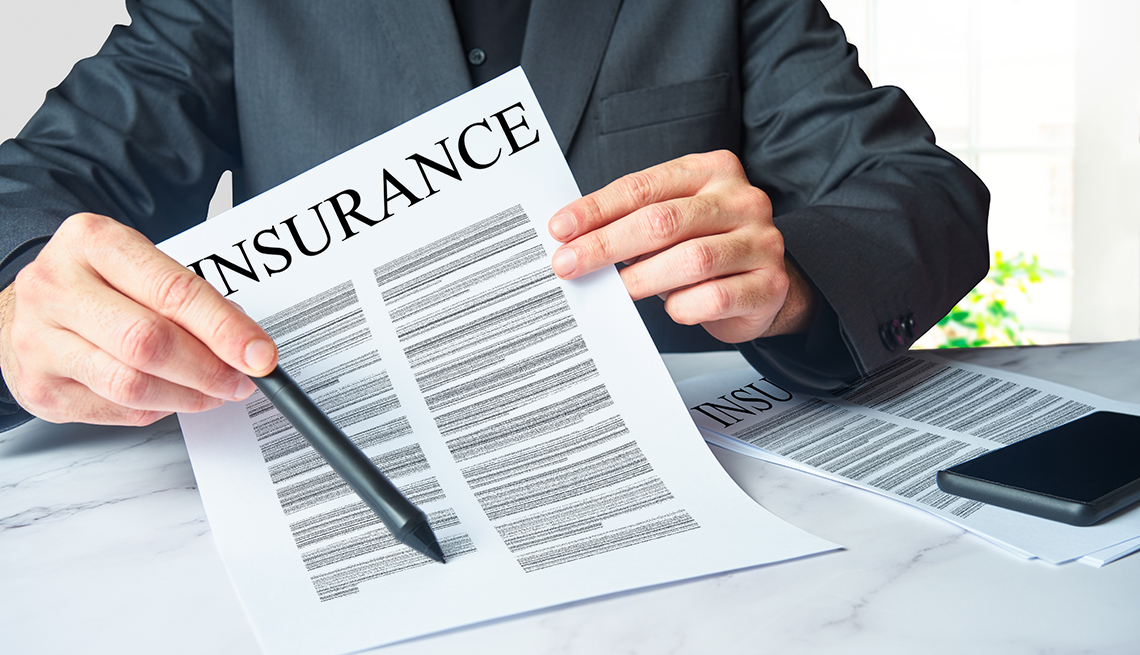Small businesses form the backbone of the economy, offering unique products and services that cater to diverse customer needs. However, the journey of a small business owner is fraught with risks, from unexpected natural disasters to potential lawsuits. To navigate these uncertainties, understanding and securing the right insurance coverage is paramount. This guide explores the essential aspects of small business insurance and how it can protect and sustain your enterprise.
The Role of Insurance in Small Business
Insurance is more than just a legal requirement; it is a strategic tool that provides financial security and peace of mind. Here are some core reasons why insurance is critical for small businesses:
Financial Protection: Insurance mitigates the financial impact of unforeseen events such as accidents, natural disasters, or theft, ensuring that your business can recover and continue operations.
Legal Safeguard: Various types of insurance protect your business from legal actions, covering the costs of lawsuits and settlements, which can otherwise be crippling.
Business Credibility: Having proper insurance coverage enhances your business’s reputation, making it more appealing to clients, investors, and partners who see it as a safer and more reliable option.
Exploring Different Types of Small Business Insurance
Understanding the different types of insurance available can help you choose the right policies for your business needs. Here are some of the most important coverages to consider:
General Liability Insurance: This covers claims of bodily injury or property damage caused by your business operations, products, or services. It is essential for any business that interacts with the public.
Commercial Property Insurance: This protects your business property, including buildings, equipment, and inventory, from damage or loss due to events such as fire, theft, or vandalism.
Business Owner’s Policy (BOP): A BOP combines general liability and commercial property insurance into one policy, often at a lower cost than purchasing the coverages separately. It is designed for small to medium-sized businesses.
Professional Liability Insurance: Also known as errors and omissions insurance, this covers legal costs and damages arising from professional mistakes, negligence, or failure to perform professional duties.
Workers’ Compensation Insurance: Mandatory in most states, this provides medical benefits and wage replacement to employees injured in the course of employment. It also protects businesses from lawsuits by injured workers.
Commercial Auto Insurance: If your business uses vehicles for operations, this coverage protects against damages and liabilities resulting from accidents involving company vehicles.
Cyber Liability Insurance: As cyber threats become more prevalent, this insurance protects your business from data breaches, cyberattacks, and other technology-related risks.
Product Liability Insurance: For businesses that manufacture or sell products, this coverage protects against claims of injury or damage caused by the products.
Tailoring Insurance to Your Business
Every business is unique, and so are its insurance needs. Here’s how you can tailor insurance coverage to fit your specific business requirements:
Assess Your Risks: Identify potential risks specific to your industry and operations. Consider factors such as location, business size, and the nature of your work.
Evaluate Your Assets: Determine the value of your business assets, including property, equipment, and inventory, to ensure they are adequately covered.
Consider Your Workforce: If you have employees, assess the risks they face and ensure you have appropriate workers’ compensation and health insurance coverages.
Review Client and Contract Requirements: Some clients and contracts may require specific types of insurance. Make sure your policies meet these requirements to avoid losing business opportunities.
Consult with an Insurance Professional: An insurance broker or agent can provide valuable insights and help you choose the best coverage options tailored to your business needs.
Conclusion
Securing the right insurance coverage is a critical step in safeguarding your small business against unforeseen risks and ensuring long-term success. By understanding the insurance needs for small business and choosing appropriate policies, you can protect your assets, maintain operational continuity, and build a solid foundation for growth. Don’t leave your business vulnerable to unexpected events—invest in comprehensive insurance coverage today to secure a stable and prosperous future.




